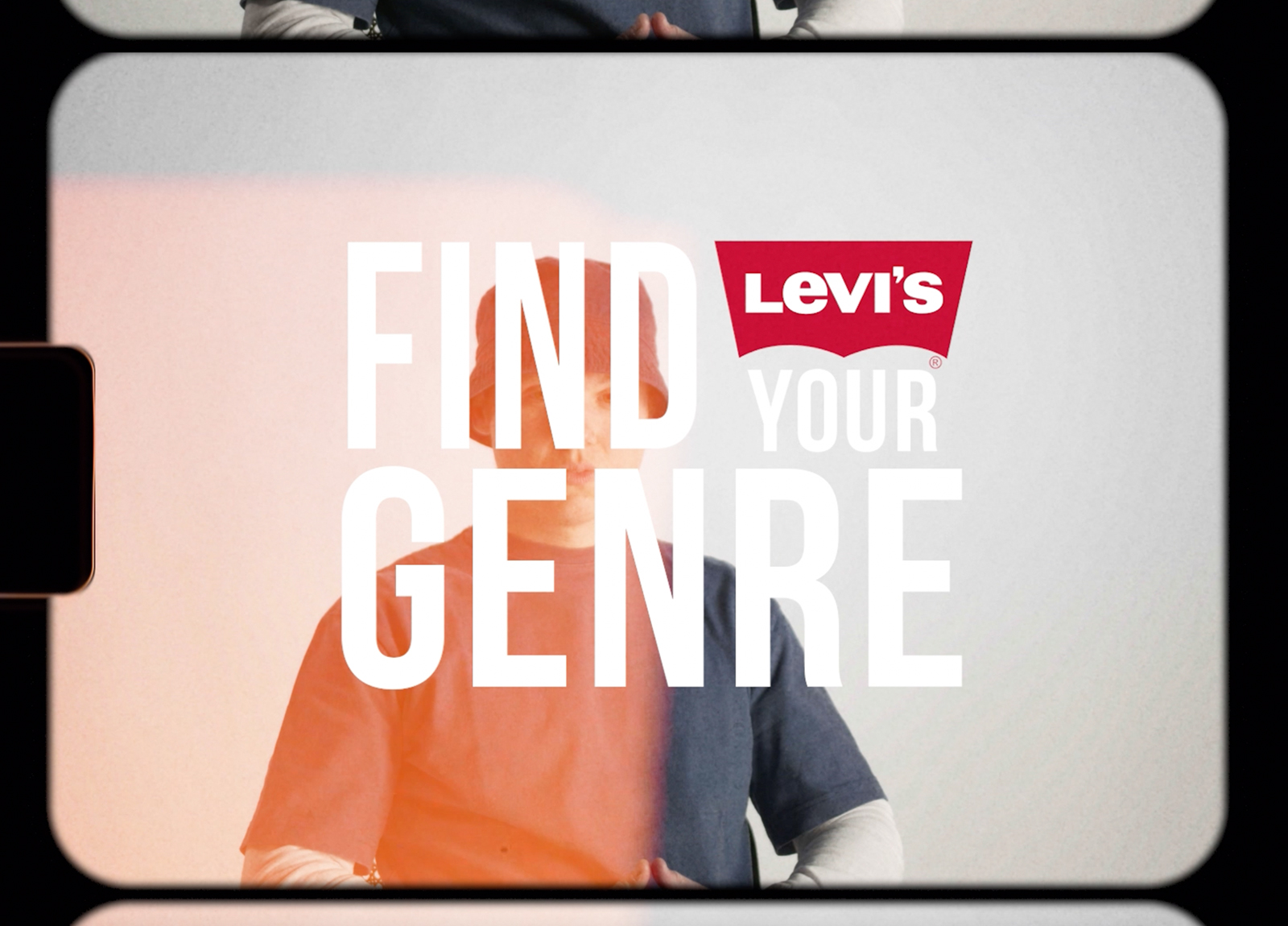

Advertising MA
Discover how to apply strategic and creative thinking to create unforgettable brand campaigns that shape the future of advertising and communication design.
-
Course Duration
Full-time 1 year
-
Typical Offer
See entry requirements
-
Annual Fees
- Home (full-time) £11,000
- Overseas (full-time) £24,000
- How to Apply Request a prospectus (opens in a new window)
-
Course Start
September 2026
Our MA in Advertising is a future-facing course designed to blend cutting-edge design with critical industry insights, offering a global perspective of marketing communications and media industries.
It challenges you to consider the industry from a critical perspective, questioning norms and exploring how advertising can be reimagined to support a more inclusive future. Through live projects and hands-on experiences, you will craft innovative strategies that resonate with both established and emerging markets. The course will ensure you develop a greater understanding of your critical positioning within advertising, PR, branding, marketing, and communications to develop the skills and knowledge the industry is looking for.
At the core of the course is a focus on the social and ethical implications of advertising. You’ll explore representation, semiotics, equality, diversity, and sustainability, critically examining the theories and concepts that shape the industry. Through a mix of theoretical exploration and practical application, you’ll be prepared to create content and campaigns that not only captivate audiences but also adhere to ethical standards. This approach ensures that you emerge as a well-rounded professional, ready to make a meaningful impact in the world of advertising.
Why study with us
-
Advanced technical skills
Develop expertise in various media and methods, creating sophisticated advertising campaigns that reflect your unique voice and style.
-
Interdisciplinary approach
Collaborate with other postgraduate courses in media and visual communication, enhancing your learning experience in a multidisciplinary environment.
-
Professional-level resources
Utilise contemporary technology and industry-standard tools, including design studios, media labs, 2D & 3D workshops, licensed specialist software, and a media resource centre. These resources support you in transforming ideas into tangible outcomes.
-
Ethical and inclusive research
Focus on the social and ethical implications of advertising, emphasising accessibility, diversity, equality, and sustainability.
-
Professional portfolio development
By the end of the course, create a professional body of work that reflects your interests and prepares you for the industry, enhancing your ability to communicate research and ideas creatively and visually.
Course Details
This programme is a one-year course, including 30 weeks of direct teaching time and a 15-week final project. You will need to complete five units and one 60-credit major project (180 credits in total). All units on the course are compulsory and must be passed in order to complete the award. If you study part-time your modules will be split across two years. Full course details, including aims and assessment criteria, will be provided in the course specification upon validation.
Core practice and context in Advertising (60 credits)
This unit launches your master’s study experience at Norwich. You will explore innovative practices and cutting-edge research. You’ll enhance your skills and learn to communicate complex messages through visual media while examining contemporary advertising theories. Research-led projects will immerse you in contemporary advertising techniques, boosting your confidence in both conceptual and practical problem-solving. You’ll experiment with mixed media and materials to convey complex messages while exploring the boundaries of advertising alongside related fields. The unit covers a wide range of topics, including semiotics, professional communication, brand strategies, copywriting, storytelling, and emerging technologies such as AR/VR/AI. Iterative experimentation and critical reflection will refine your practice within broader conceptual and ethical frameworks.
Advanced technical skills in Advertising (20 credits)
This unit focuses on the advanced technical skills essential for idea generation, problem-solving, and practical development in advertising. It emphasises the importance of technical expertise in supporting theoretical and conceptual aspects of ideation and problem-solving. Regular presentations and discussions with peers and staff will foster critical reflection and analysis. The unit covers pitching, social media, marketing, copywriting, content creation, campaign management, visual communication, design strategies, data analytics, SEO & SEM, professional behaviours, semiotics, brand communications, Adobe Suite, and emerging technologies such as AR/VR/AI. Through continuous technical experimentation and practical application, you will enhance your knowledge and broaden your working methods in digital media, data analytics, and multimedia production, ensuring you are well-prepared to tackle real-world challenges and succeed in the dynamic field of advertising.
Dialogue, debate and domain knowledge in Advertising (10 credits)
This unit encourages exploration of leading practices and emerging research within advertising. Reflective analysis and interaction will enhance your understanding of your discipline in socio-economic, political, ethical, and cultural contexts. Research themes include design history and theory, identity and representation, visual language, subjectivity, design psychology, Gestalt psychology, semiotics, aesthetics, globalisation, consumption, and media theory. You will develop a range of research approaches, using discursive interaction to inform your inquiry and push your creative boundaries to inspire new perspectives on advertising.
Professional technical skills in Advertising (20 credits)
Building on the ‘advanced technical skills’ unit, you will refine your technical processes and explore innovative ways to expand your creative capabilities. Topics include pitching, social media, marketing, copywriting, content creation, campaign management, visual communication, design strategies, data analytics, SEO & SEM, professional behaviours, semiotics, brand communications, contemporary media platforms, Adobe Suite, and emerging technologies (AR/VR/AI). A research-led approach will help you utilise current and future-facing techniques within advertising. Individual and group projects will refine your technical skills and enhance your problem-solving abilities, allowing you to fully develop and apply advanced creative thinking in practical contexts.
Advanced critical context in Advertising (10 credits)
This unit enhances your understanding of leading practices and emerging research in advertising. By developing effective research and reflective strategies, you will gain insights into creative communication within socio-economic, political, ethical, and cultural contexts. Building on the ‘dialogue, debate, and domain knowledge’ unit, you will explore themes such as design history, identity and representation, visual language, design psychology, semiotics, globalisation, and media theory. Research-led projects will help you formulate questions relevant to your practice, examining the boundaries between disciplines. Rigorous analysis will deepen your understanding of the critical frameworks underpinning advertising and communication design, positioning yourself as a critically engaged and reflective practitioner.
Major project (60 credits)
This unit forms the culmination of your master’s study, in which you will design, develop, and execute a major project. By consolidating your specialist knowledge and advanced practices, you will develop a research question, design a viable project to test your hypotheses, and work towards innovative outcomes. These outcomes may involve multiple outputs or a deep focus on a specific aspect of your practice. Throughout this unit, you will deepen your understanding of the historical, theoretical, cultural, technical, and economic contexts surrounding advertising. Indicative fields of study include advertising, PR, branding, marketing, and communications. You will explore challenges related to social and environmental sustainability, and identify relevant industries, audiences, and stakeholders your major project aims to impact. Research-led practice will enhance your ability to synthesise experiments into complex creative outcomes that reflect your chosen pathway and express an original, personal and professional identity.
Download course specifications
Learning and teaching
The course is delivered through a variety of engaging learning and teaching methods.
-
Lectures
-
Seminars
-
Tutorials
-
Technical labs
-
Independent and group work
Assessment
Our assessment methods will vary based on the unit you choose and provide a comprehensive measure of your learning and progress. These methods may include:
- Critically reflective essay
- Course work
- Presentations
- Learning journal
- Reflective evaluation
- Body of creative work
- Reflective research report
- Team project evaluation
- Major project
- Supporting documentation
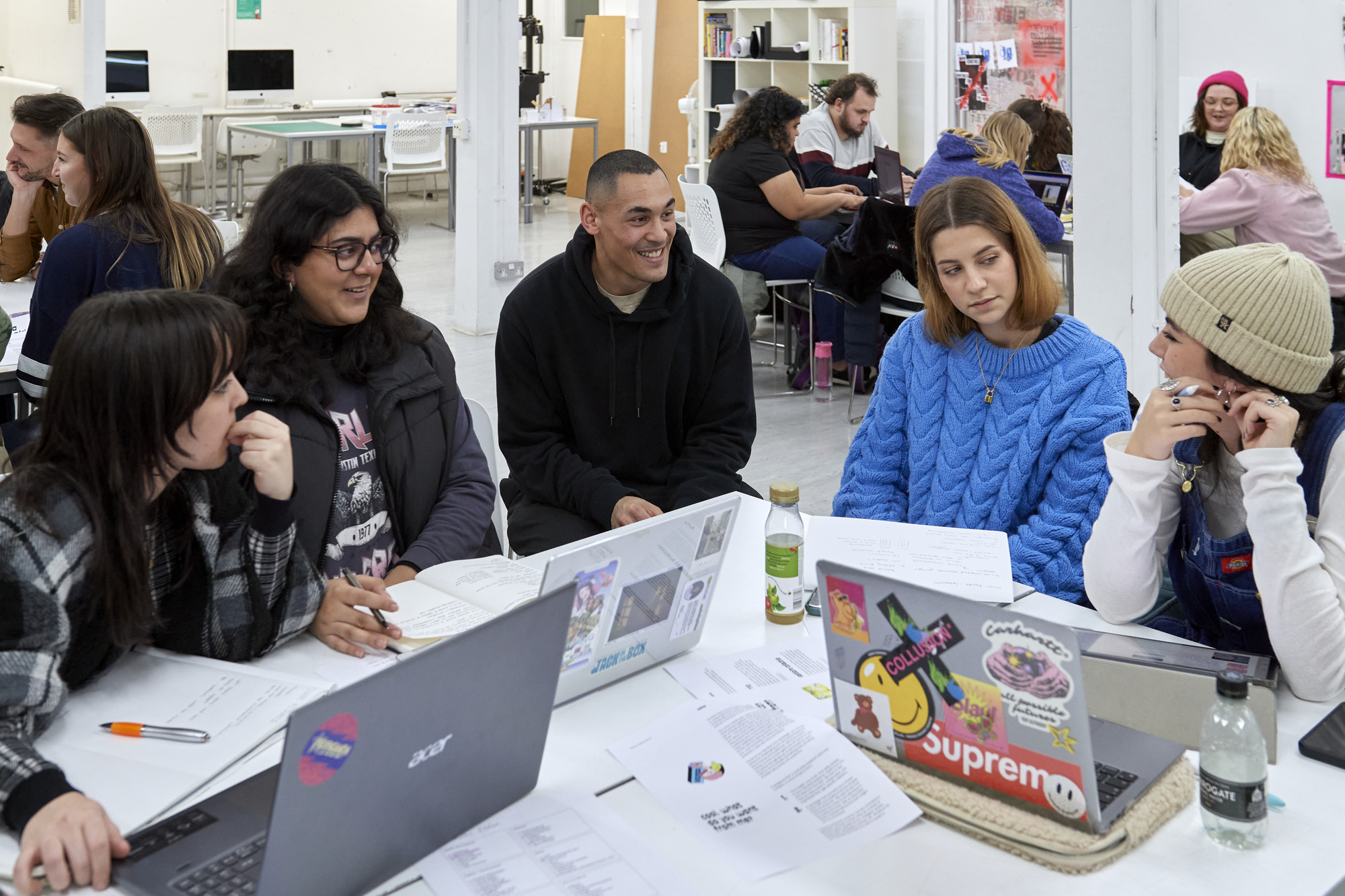
Typical career paths
Our MA in Advertising will equip you with both practical and critical skills, preparing you to compete for roles in advertising, digital, and media agencies, as well as client-side positions. Your creative-strategic expertise will help you become a critically aware and logical-thinking professional, capable of understanding and leading creative innovation through existing and emerging strategies. Your focus on the future, your portfolio, and your final major project will give you a compelling narrative to present to potential employers.
When you graduate, you may be qualified for a broad range of careers.
- Creative director
- Advertising manager
- Copywriter
- Account planner
- Strategist
- Account manager
- Brand consultant
- Communication consultant
- Producer
- Design team leader
- Content creator and manager
- Social media manager
The UK’s creative sector is thriving, contributing £111.7 billion annually to the economy and offering over 2 million jobs.
Department for Digital Culture Media and Sport (DCMS)
Entry Requirements
Entrants should normally have achieved a BA (Hons) / BSc Degree of 2:1 or above (or its equivalent), in advertising, art or design (such as graphics, photography, film studies), psychology, marketing, business, english, sociology, or philosophy.
Those with industry experience or relevant skills from non-traditional backgrounds are encouraged to apply, including individuals currently employed. If you’re unsure about your eligibility, please contact us for guidance before applying.
English language requirements (International/EU)
If English is not your first language, IELTS 6.5 (or equivalent) is required, with a minimum of 5.5 in reading, writing, listening, and speaking. we also accept other English language qualifications.
International Qualifications
We accept a wide range of qualifications from all over the world.
For information on entry requirements from your country, see our international pages.
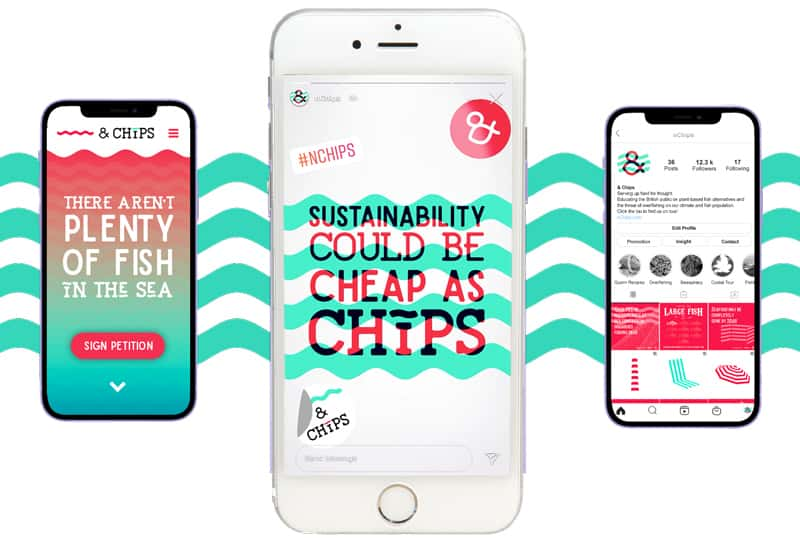
Fees and funding
Home
Tuition fees for the 2026/27 academic year
- Full time: £11,000
The level of fee that you will be asked to pay depends on whether you’re classed as a UK
(home) or international student. Check your fee status.
Fees for subsequent years
The rules for inflation on fees in subsequent years depend on the type of fee status and level
For Home and overseas postgraduate degree students starting in 2026, fees will remain the same for each year of your course.
Funding your study
Depending on your circumstances, you may qualify for a bursary, scholarship or loan to help fund your study and enhance your learning experience. Find out more about scholarships and funding.
International
Tuition fees for the 2026/27 academic year
- Full time: £24,000
The level of fee that you will be asked to pay depends on whether you’re classed as a UK
(home) or international student. Check your fee status.
Fees for subsequent years
The rules for inflation on fees in subsequent years depend on the type of fee status and level
For home and overseas postgraduate degree students starting in 2026, fees will remain the same for each year of your course.
Funding your study
We offer a range of scholarships and bursaries for international students. To find out more and see if you’re eligible, please visit the scholarships for international students page.
Additional costs
Your course fees cover the cost of studies, and include loads of benefits, such as the use of our library, support from our expert employability team, access to workshops and free use of the IT equipment across our campuses. There are also other costs which you may need to consider.
How to apply
Home
Applications to our postgraduate courses should be made directly to Norwich University of the Arts using a Postgraduate Application Form.
Applications should be returned to admissions@norwichuni.ac.uk
Please see our Terms and Conditions and Admissions Policies for further details.
International
Postgraduate applicants can only apply directly by completing the below online application form or emailing the downloadable form to ioadmissions@norwichuni.ac.uk
International students requiring a visa should apply as soon as possible in the year they wish to start. Email our International Team for more information. Please see our Terms and Conditions and Admissions Policies for further details
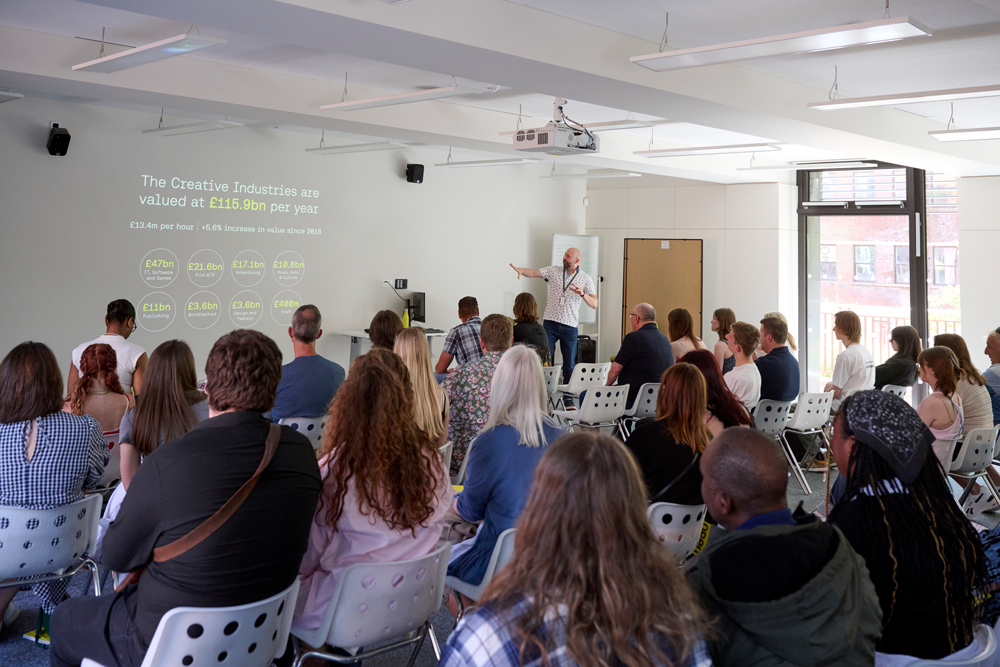
Latest news
-
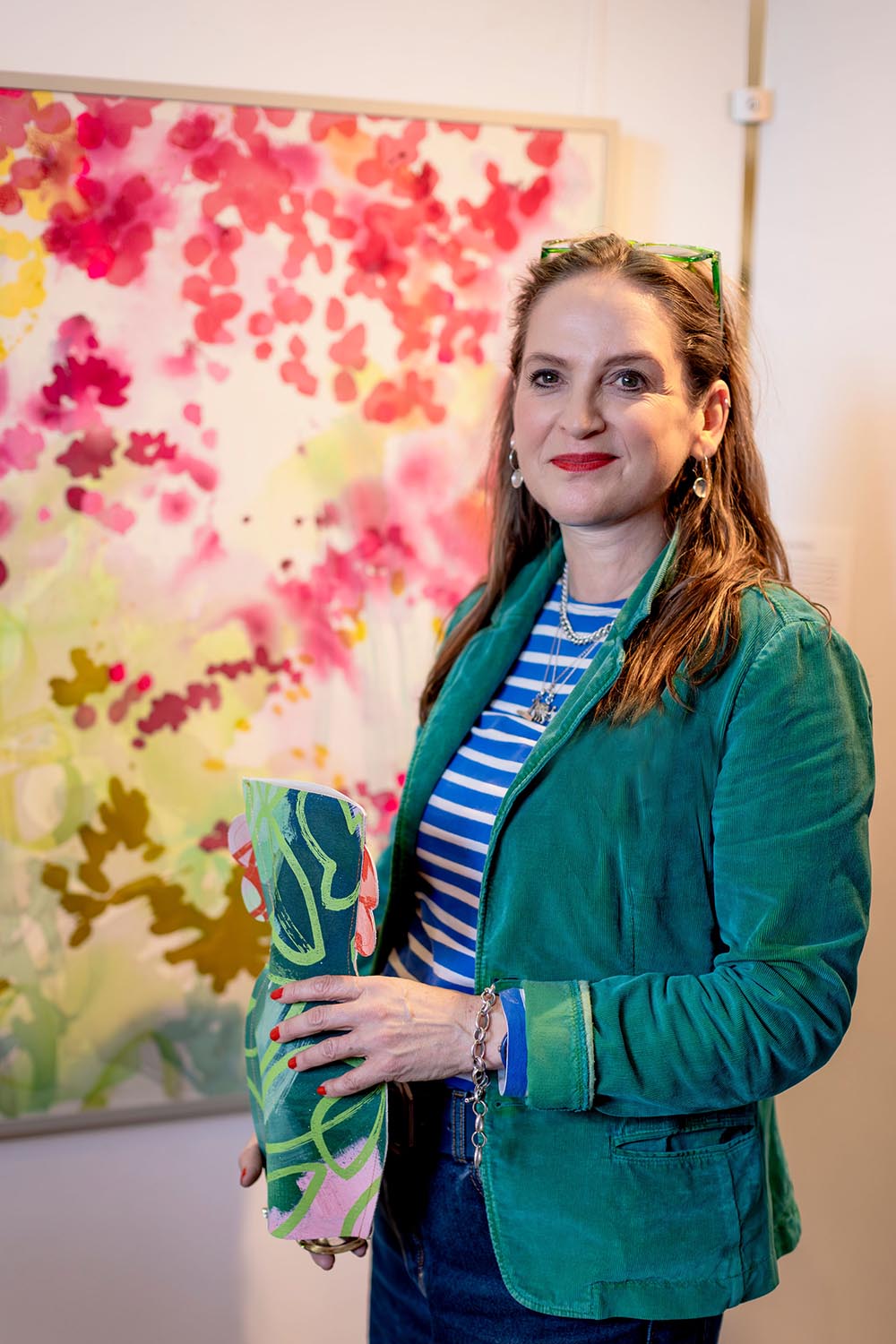 BA Textile Design •
BA Textile Design •In conversation with: Lucy Perry, MA Textile Design
Lucy shares her experience of creating a 360° digital installation, in a collaborative exploration of nature and technology. -
 Institution •
Institution •Norwich University of the Arts earns prestigious 5-star QS Star Excellence rating fo Teaching
Norwich University of the Arts has been awarded an overall four-star rating in the prestigious QS Stars University Ratings, marking a significant milestone in the University’s first-ever submission to the internationally recognised assessment framework. -
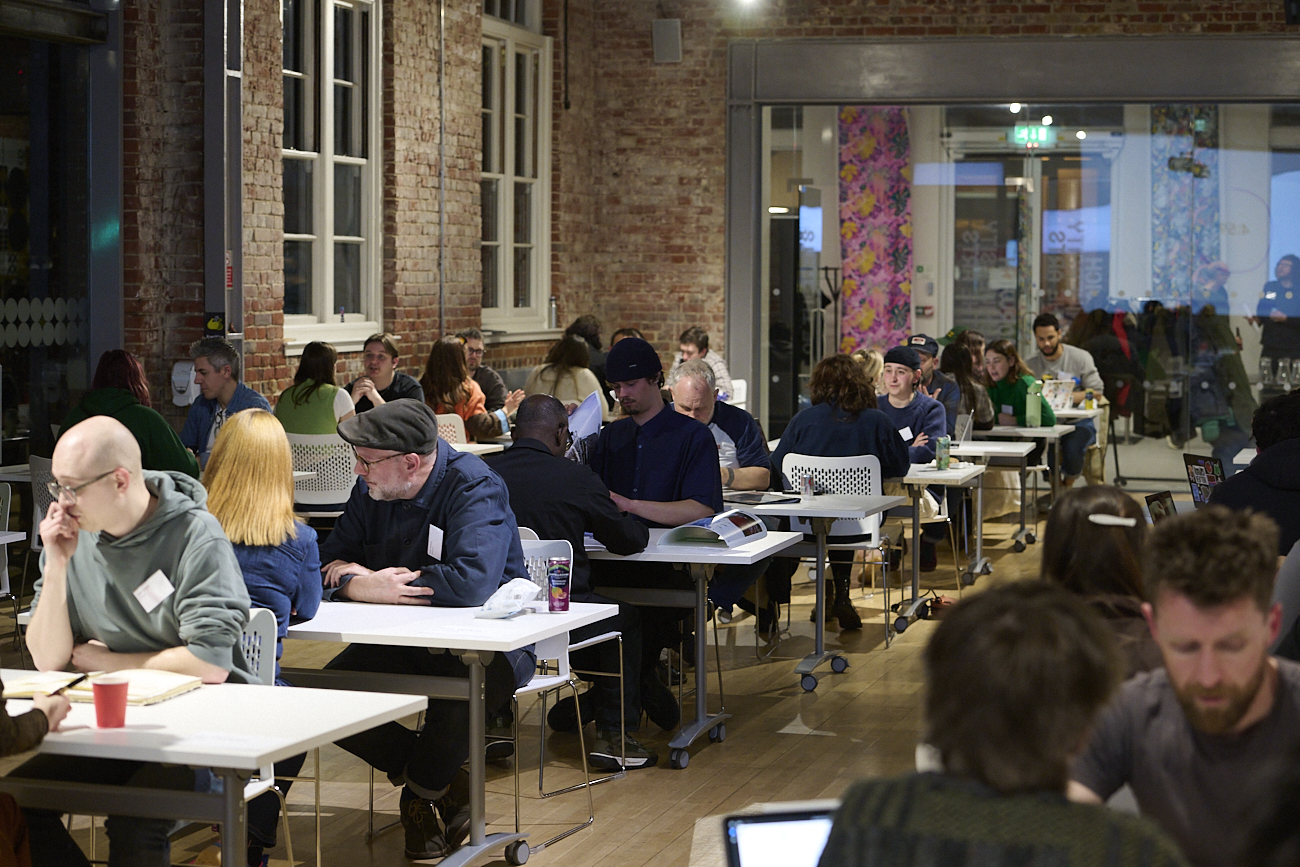 Employability •
Employability •Norwich University of the Arts celebrates 10 years of the Big Book Crit
Hundreds of Norwich students have shared their work with leading creative professionals over the last decade. -
 East Gallery •
East Gallery •Announcing the East Gallery Fellows 2025-2026
Norwich University of the Arts is pleased to announce the selected awardees of this year's East Gallery Fellowship. -
 BA Business Management •
BA Business Management •Dean of Creative Education Awarded Prestigious Principal Fellowship from Advance HE
The University is delighted to announce that Hilary Carlisle, Dean of Creative Education and Professor of Design, has been awarded Principal Fellowship of the Higher Education Academy (PFHEA) by Advance HE -
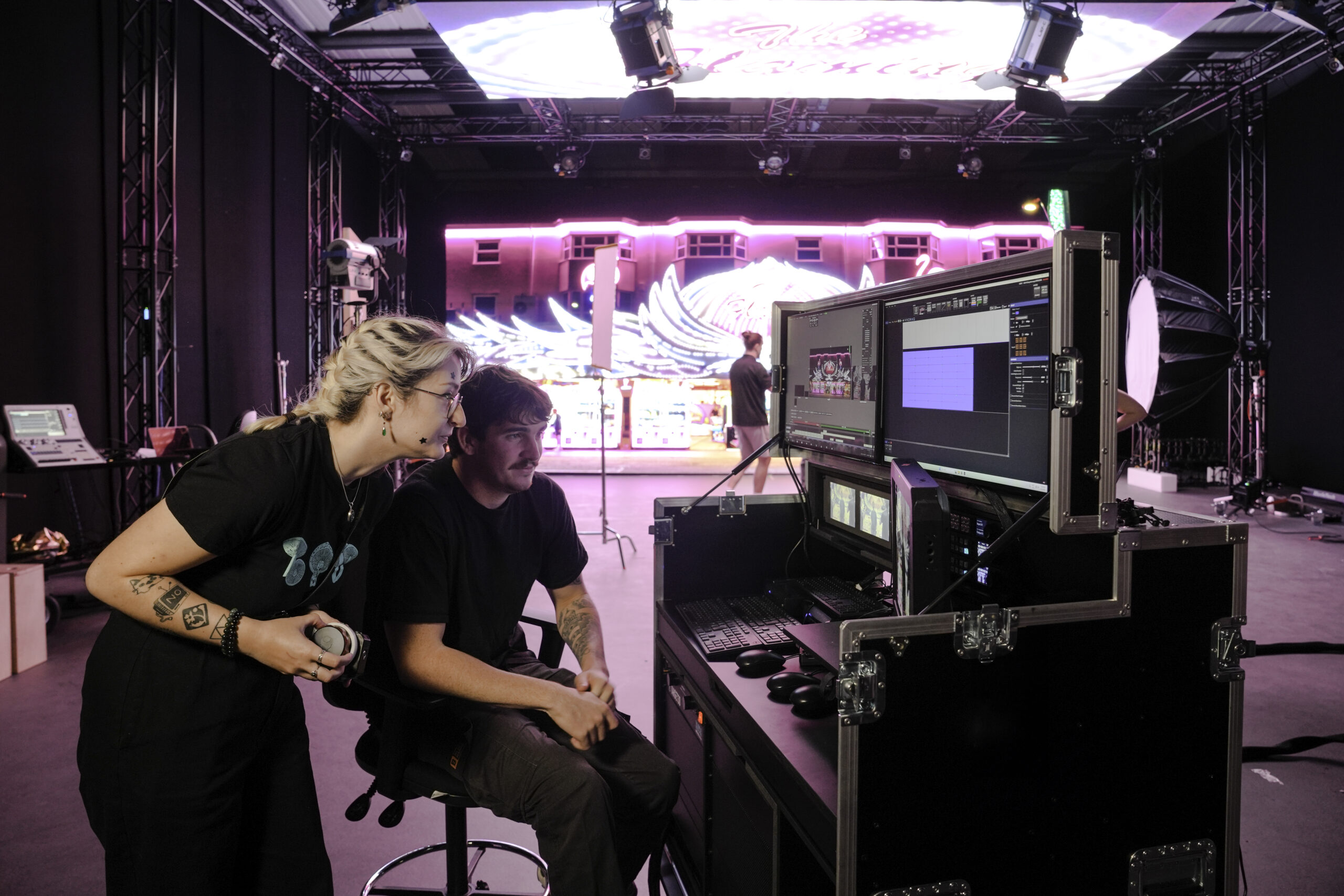 BA Degree •
BA Degree •Norwich University of the Arts to Host ELIA Academy 2027
Norwich University of the Arts is delighted to announce that it has been selected as the host institution for the ELIA Academy 2027. -
 BA Business Management •
BA Business Management •In conversation with Norwich’s newest lecturers in Marketing and Business Management
We joined Norwich's newest lecturers, Stephen Balmer-Walters and Laurie McAllister, to find out more about the University's Marketing and Business Management courses. -
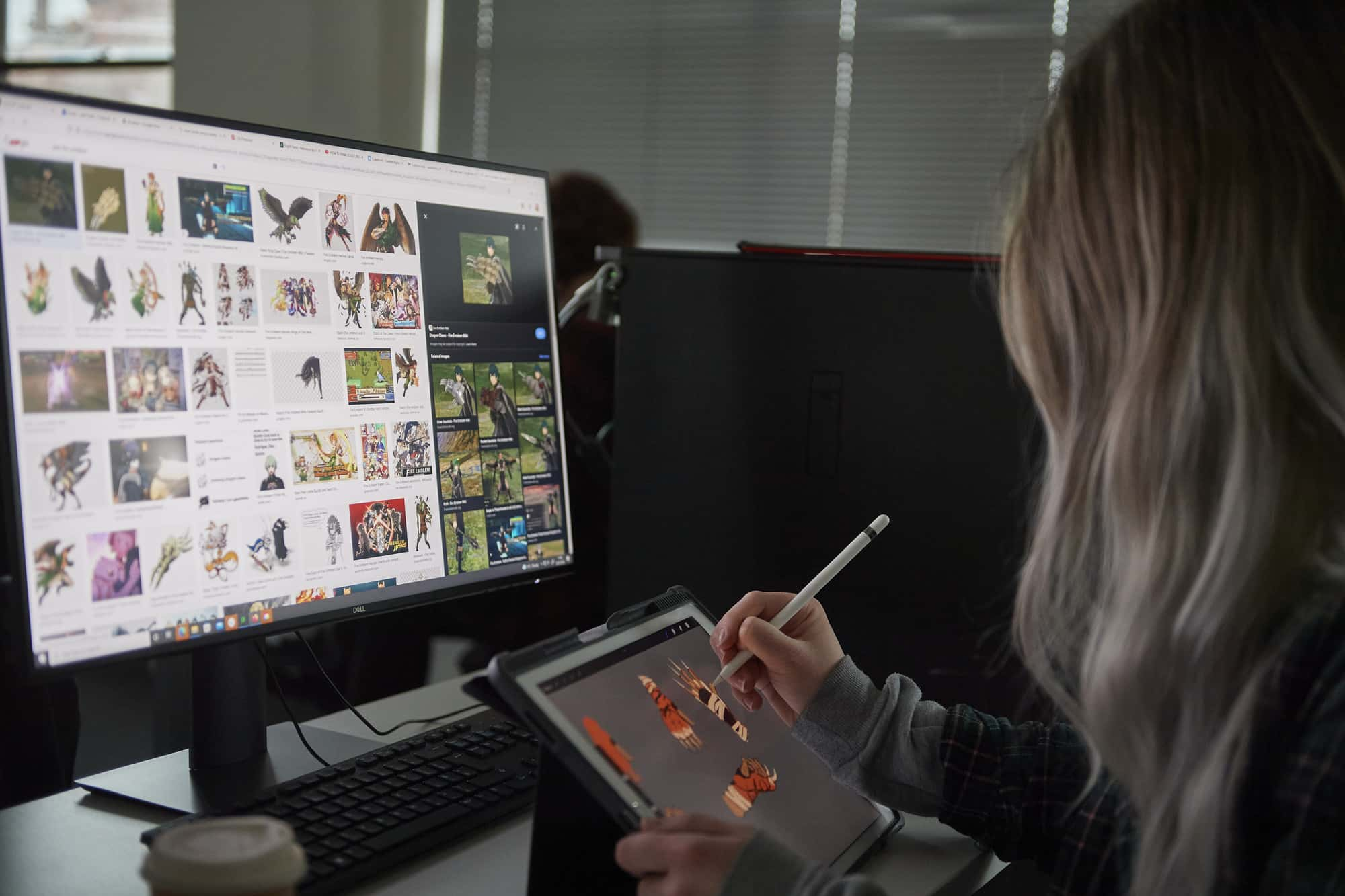 BA Games Art and Design •
BA Games Art and Design •East of England set to become UK’s next Games Cluster, says landmark report
A major new report is calling for the creation of a Games Cluster for the East of England — positioning the region as a national leader in creative technology and immersive media. -
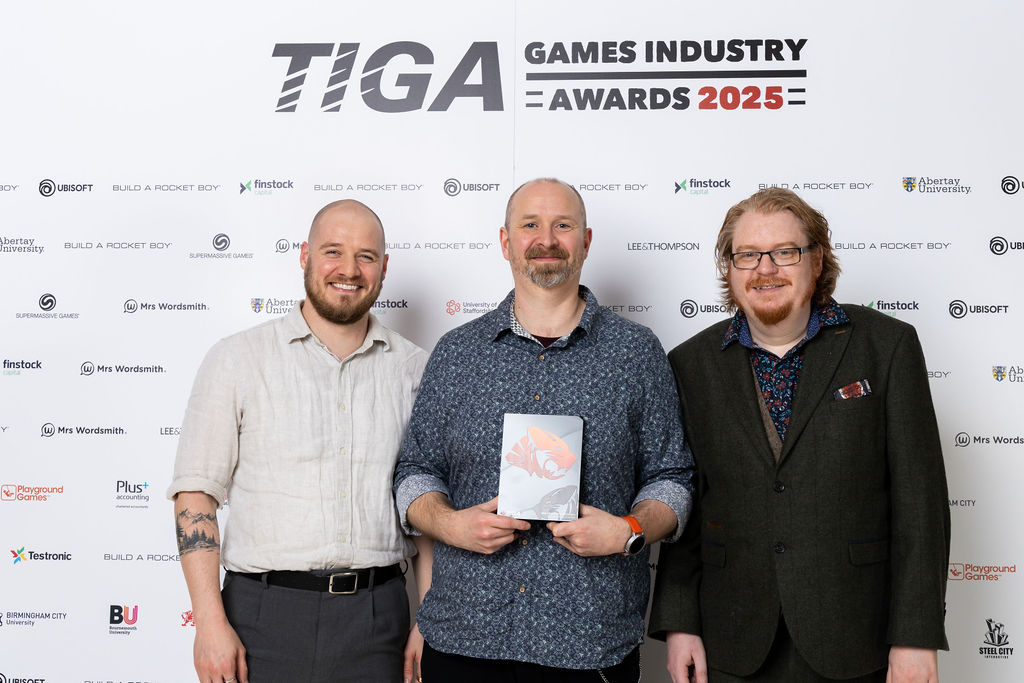 BA Games Art and Design •
BA Games Art and Design •Norwich awarded Best Education Initiative at the TIGA UK Games Industry Awards
TIGA, who represent the UK video games industry, have recognised the University’s commitment to graduate success and industry-focused learning in their 2025 awards. -
 BA Animation •
BA Animation •Cutting edge Sony Virtual Production Studio puts Norwich on the map for the future of film and gaming
Norwich University of the Arts and Sony open new landmark facility for students, creators and the community. -
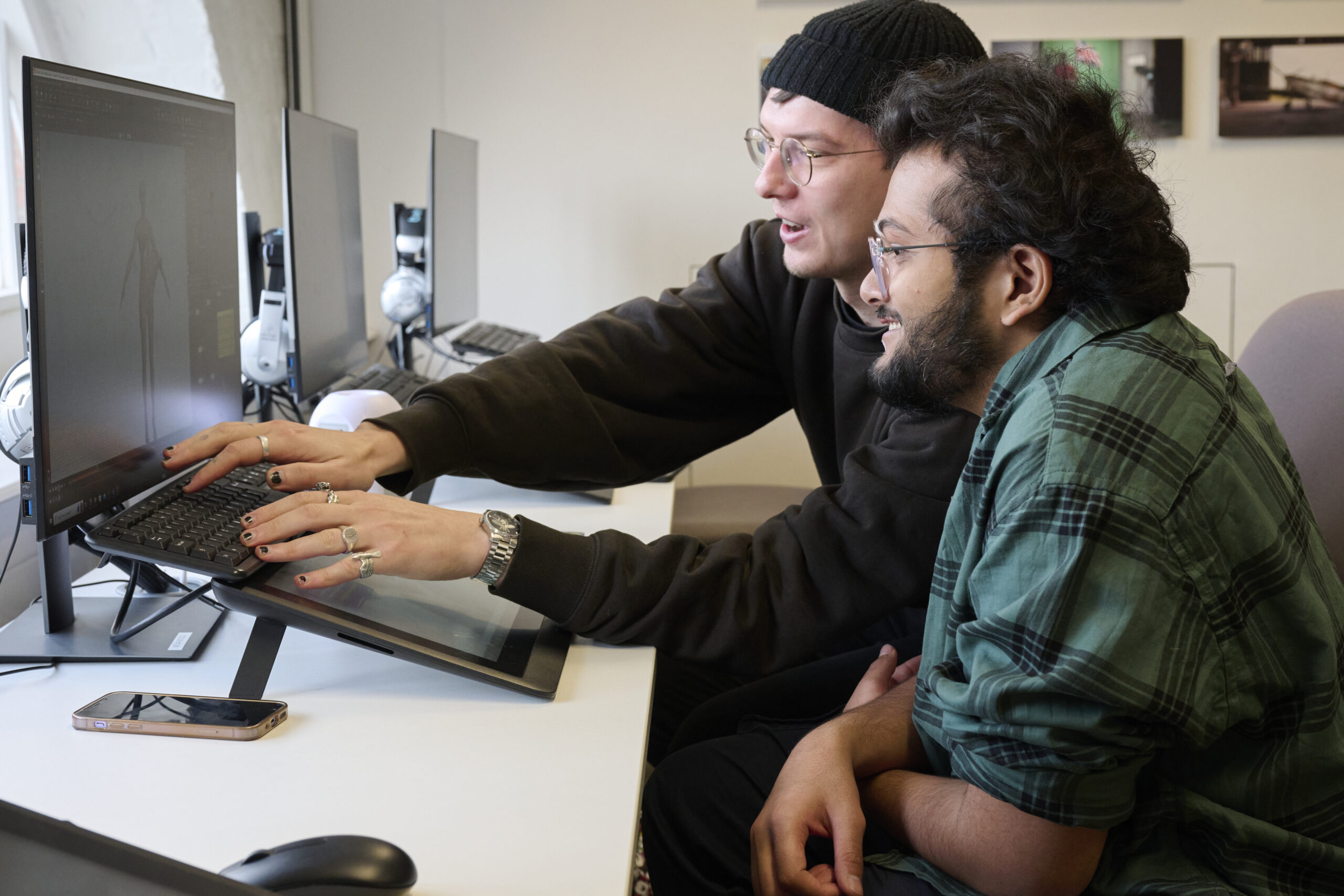 BA Animation •
BA Animation •Norwich named top UK university for production excellence in visual effects
The University has been placed in three categories in the 2025 Rookies Global School Rankings, including the top five for Production Excellence – Visual Effects. -
 BA Photography •
BA Photography •Entries open for Norwich's 2026 Beyond the Frame photography competition
Entries are now open for our annual photography competition, open to students aged 11 to 19 around the world. -
 BSc Degree •
BSc Degree •Norwich University welcomes new academics to its Psychology and Computer Science courses
Lyndsey Wallace joins the University as Senior Lecturer for BSc (Hons) Psychology, with Jawwad Chattha joining as Course Leader for BSc (Hons) Computer Science. -
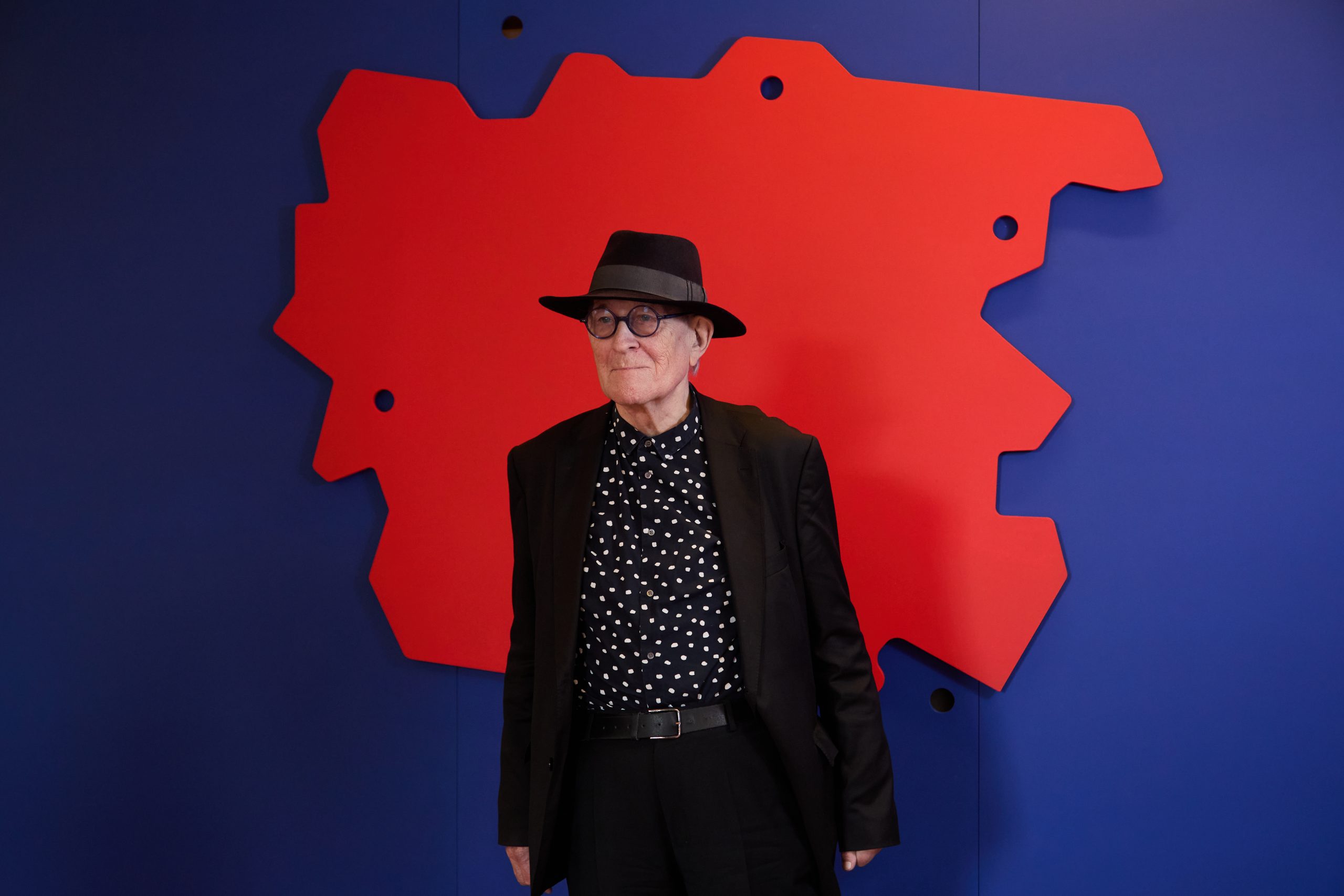 BA Architecture •
BA Architecture •Norwich University of the Arts presents the Peter Cook: Wonder Hub
Norwich University has launched the Peter Cook: Wonder Hub, a vibrant and interactive space for thinking, making, showcasing and debating the creative arts. -
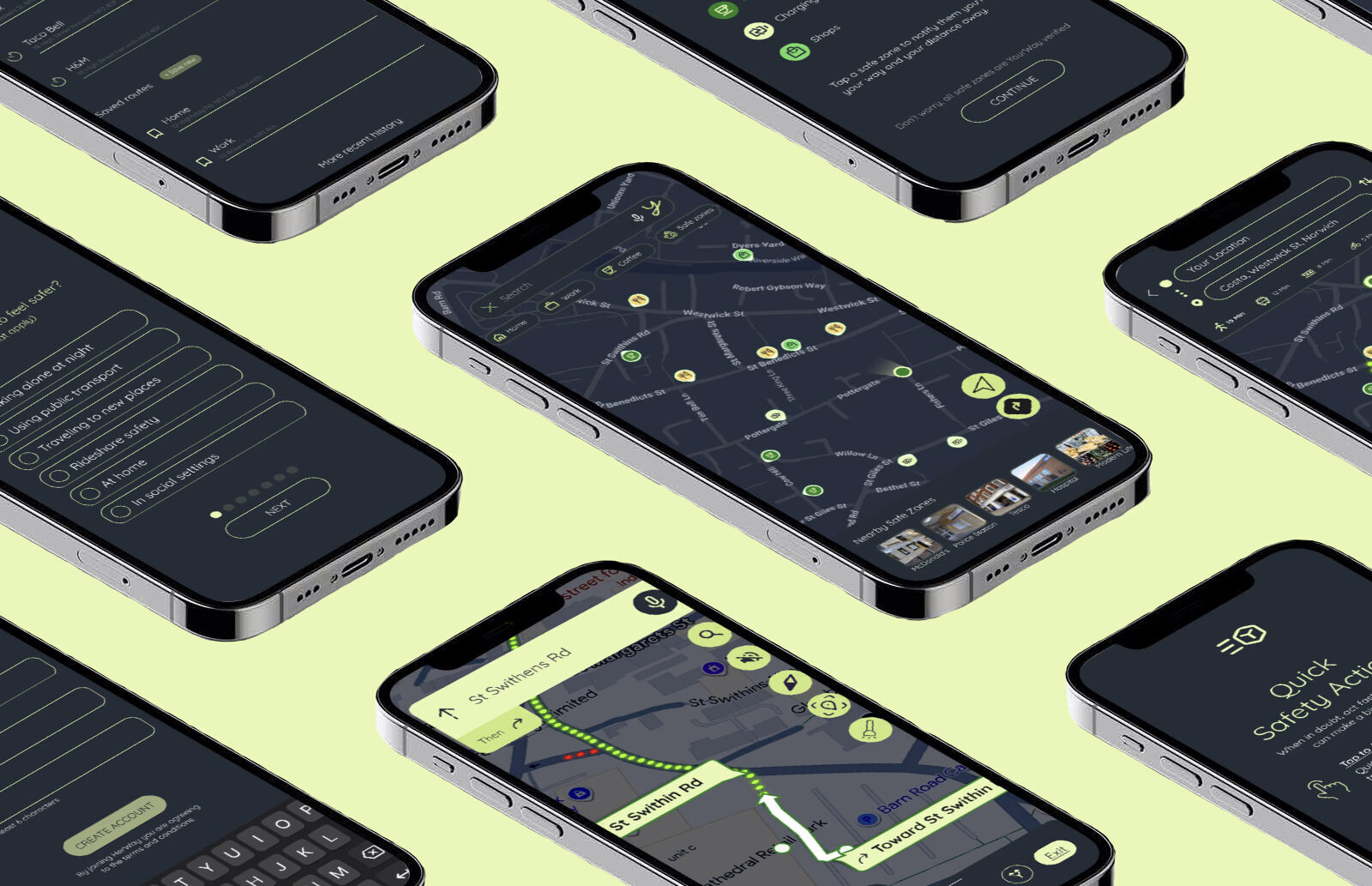 BA Graphic Communication •
BA Graphic Communication •Norwich students celebrate success at 2025 Creative Conscience Awards
Students from Norwich University of the Arts have been recognised across categories in this year’s awards, which showcase work focusing on social or environmental impact -
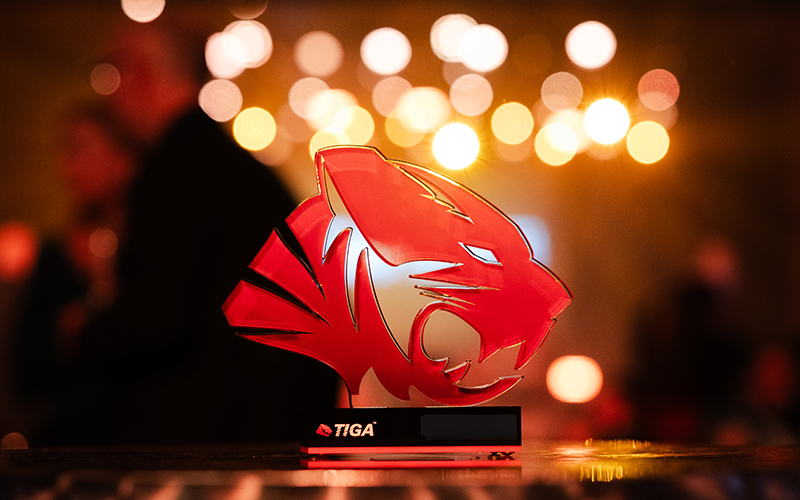 BA Games Art and Design •
BA Games Art and Design •Norwich graduates recognised at TIGA UK Games Education Awards
Charlie O'Shea, BA (Hons) Games Art and Design has been named 'Outstanding TIGA Graduate of the Year: Designer'
Related courses
Discover our courses and take the first step towards unleashing your potential
-
Visit the Animation MA course page
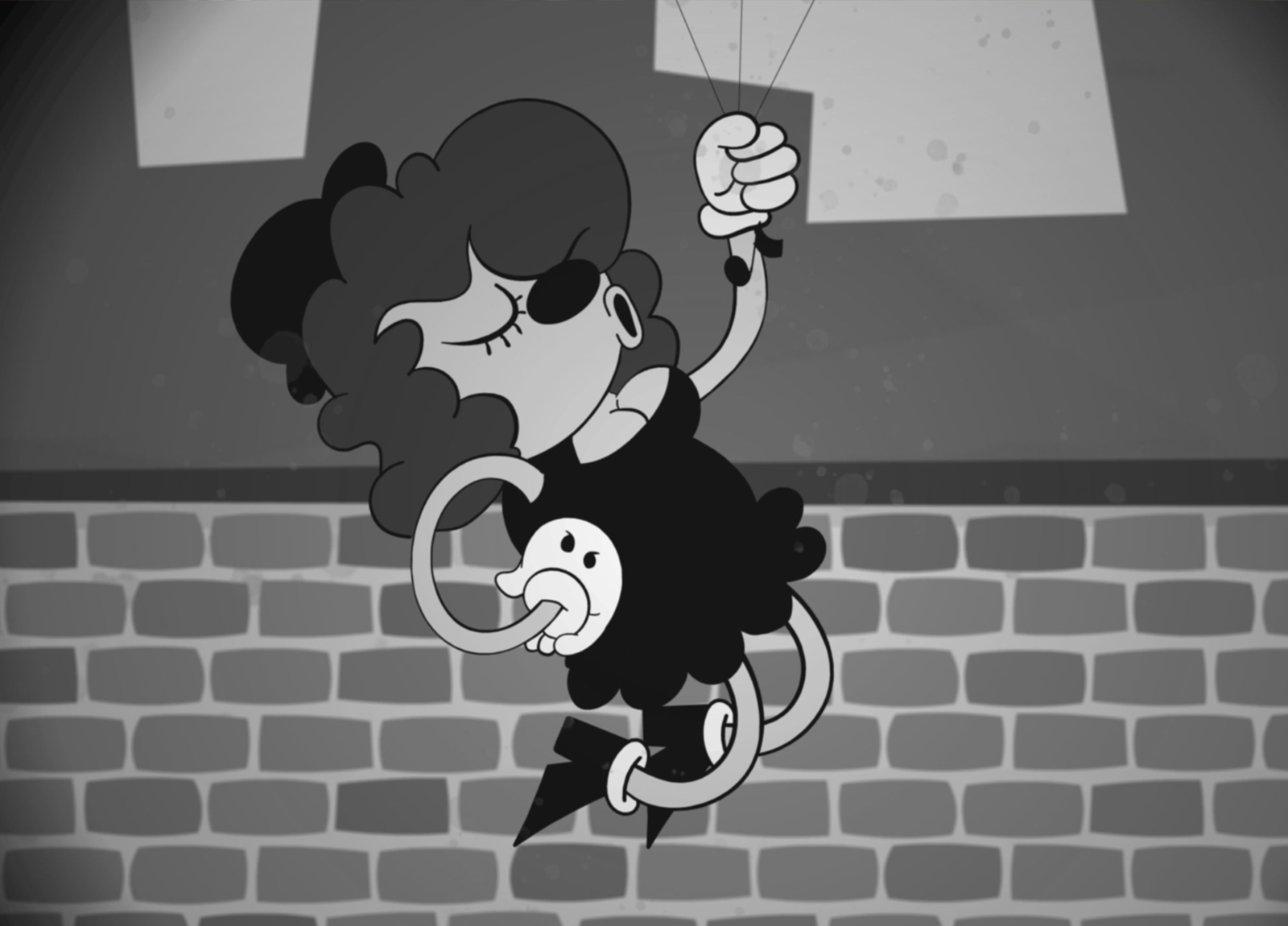
- Filter courses by study level: Postgraduate
- Filter courses by duration: Full time
- Filter courses by start month: September
- Filter courses by subject: Animation
Animation MA
Extend your creative vision and shape the future of animated storytelling through innovative animation practices and critical engagement.
-
Visit the Illustration MA course page

- Filter courses by study level: Postgraduate
- Filter courses by duration: Full time
- Filter courses by start month: September
- Filter courses by subject: Illustration
Illustration MA
Develop and evolve your unique visual language to challenge conventions and expand the practice of contemporary illustration.